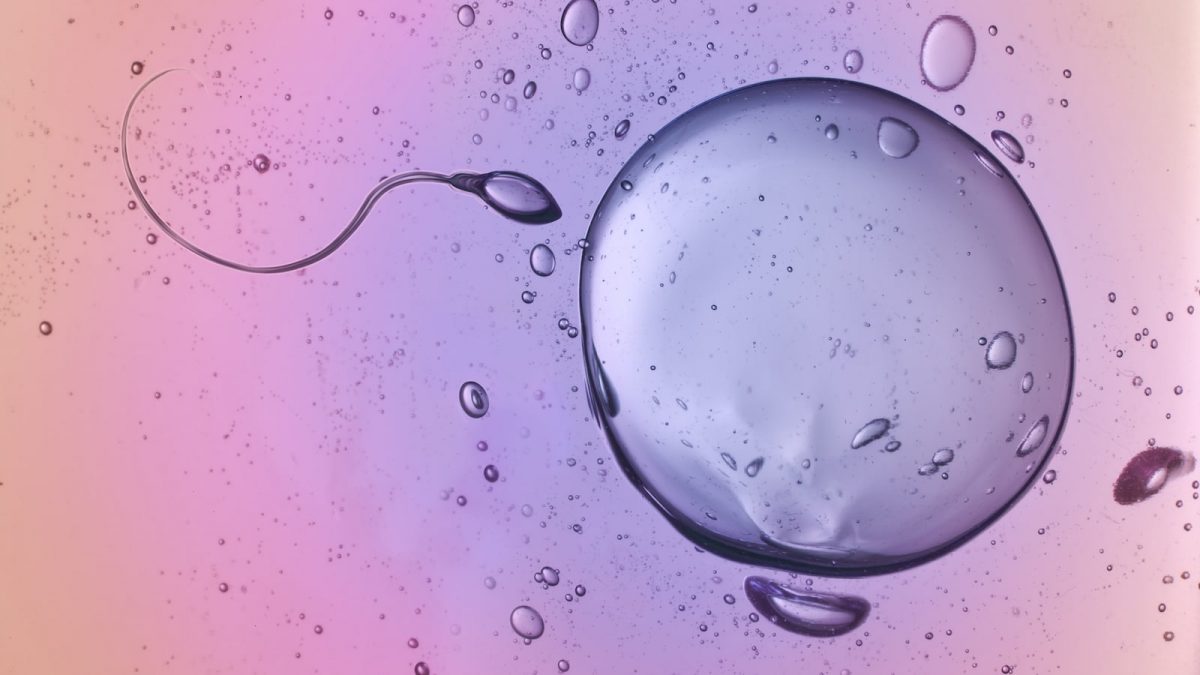This is the common question encountered by those couple who are facing issue in achieving a normal pregnancy is this – whether IVF is suitable for me or not?. IVF is the treatment which must be considered only when you have been suggested by the senior fertility doctor or once you have been diagnosed properly and examined well for the fertility root cause and found YES for the IVF treatment.
It’s a big decision to settle on the IVF treatment for your pregnancy case. Since we all know that fertility treatments specially ART treatment is a bit expensive and need proper timing by the couple to undergo the entire procedure.
If you are below than 35 and have been trying to have a baby for more than a year, then this is the right time to go and meet the specialist; or if you are in between the age of 35-37, and have been working well for the pregnancy for more than six months, then you need to fix the appointment by the doctor about the issue behind your fertility.
In vitro treatment, is the finished and the correct name of the strategy of the IVF on the grounds that numerous from us reconsider or even continue believing that at whatever point there is change throughout the entire existence of clinical science in light of the fact that to have the adjustment in the clinical sciences very surprising thing in the event that we contrasted it the progression with acknowledge or execute in the reality. Fundamentally, we can say that the Medical science is a dread just as the energy to deal with the new analyses also and the IVF is one of them. Similar to the patient of IVF, we can comprehend that the patient has numerous inquiries in their brain so all things considered through the inquiry that given blow.
You must have numerous questions going in your mind regarding IVF treatment. Let’s clear all the vital factors about the IVF and also with the best answer Is IVF Treatment for you?
Does age factor plays essential role for IVF treatment?
A lady’s age is the absolute best indicator of IVF outcome or IVF success result. This is on the grounds that a lady is brought into the world with all the eggs she will ever have. The eggs of women get gradually streaming out of the ovary in a constant flow, until at menopause there are no eggs left.
Regardless of the way that very nearly 400 eggs will start to develop every month from pubescence to menopause, just one egg will endure every month, blasting out of the ovary at ovulation fit to be prepared.
So yes! It is genuine on the grounds that either the IVF treatment will be fruitful or not is totally rely upon the explanation of fruitlessness. On the off chance that the explanation is hereditary or it might require some investment yet regardless the condition is clinical so it required an alternate kind of treatment. We have as of now notice that the achievement rate greatly affects the motivation to the fruitfulness its endeavor additionally assume a significant job in it and from the earliest starting point till the end the achievement rate and the state of the beneficiary have an incredible chain yet more often than not due to having propelled age, the exchange or the IVF gets flop too in this way, all things considered, we will speak to the information of the achievement pace of IVF with the propelled age cases. Indeed, even we are certain that in the wake of realizing the age factor can’t long one so you will have IVF process at the present time.
In which circumstance, IVF is recommended?
A couple may consider using IVF for various reasons, including in the event that you or your accomplice has:
- low sperm check or less motility of the sperm (that makes the sperm unable to self-penetrate with the egg’s wall)
- issues with ovulation because of conditions like polycystic ovary disorder
- issues with the fallopian tubes
- If the issue behind fertility is unexplained (and the couple had unsuccessful IUI treatment)
- endometriosis
- Irregular menstruation
- Heavy menstruation bleeding
- Premature ovarian failure
- If you or your partner has either chromosomal abnormality or genetic issue and you don’t want pass it on to your baby, then IVF is the best way to fulfil this desire
IVF Treatment with some other Techniques of ART –
A few couple may decide to settle on the donors (donor sperm/donor egg) to have a child. For instance, if a couple is in danger of giving a genuine hereditary issue to their youngsters, they might be encouraged to utilize donor sperm or donor eggs. Women who already have had unsuccessful result via IVF using self-eggs, because of poor egg quality, for them IVF with donor egg is the best option to get pregnant. And so the case in males, males who have very less sperm count or no sperm found in the semen sample, for them IVF with donor sperm is effective way.
There are several other techniques combining with IVF to treat male infertility issue that give a high success rate impregnating their partner. Donor sperm is the last option when the male has already tried IVF with ICSI/IMSI or PICSI, or IVF with surgical sperm retrieval process (TESA/MESA or PESA) – but nothing could make positive outcome.
Individuals who have been found as a cancer illness, have the best way to preserve their fertility by choosing the IVF treatment. They undergo IVF method and once the embryo (or egg/sperm) is created or retrieved, the specialist keeps the medical componentfor the vitrfication – or being frozen, this is done because harmful radiation caused by chemotherapy and radiotherapy can hurt the fertility. These eggs or sperm can be defrosted later and utilized in IVF once the cancer treatment gets over or when the couple wants to have a baby.
What would be the Cost of IVF, if I will Plan from the Best IVF Centre?
What amount does it cost? Well, this is the most important fact when you have decided for IVF treatment and it should be even without any doubt. We are one of the famous and genuine fertility platform giving the best IVF centres across India and in abroad too. We have all the types of fertility methods available at a decent cost.
The expense of IVF is one of the important factor. The average IVF Treatment cost is INR 1, 75,000 to INR 2, 00,000 with including all the medication, blood hormonal tests, ultrasounds and all the steps involved in the treatment.
Closing Lines –
Plunk down with your fertility specialist and ask “would you be able to talk me through the entirety of the expenses related with this round of treatment?” and have them separate it. In our centres, we are transparent and clear regarding the IVF cost.
One more crucial point is that, how would you locate the correct Fertility Centre? There is a major distinction in the nature of fertility care you can get, with certain centers having drastically higher success rates than others. In any case, remember a few centers may not show all the information so you have to work on all the facts that make close to the real answers.
Summary –
IVF is the best method when the basic medication or say IUI treatment couldn’t work for the fertility case. By that time, the specialist will likely recommend you for the IVF treatment (after analyzing the case properly). IVF is safe and not a troublesome procedure, you just need to pick a right centre for the treatment.





